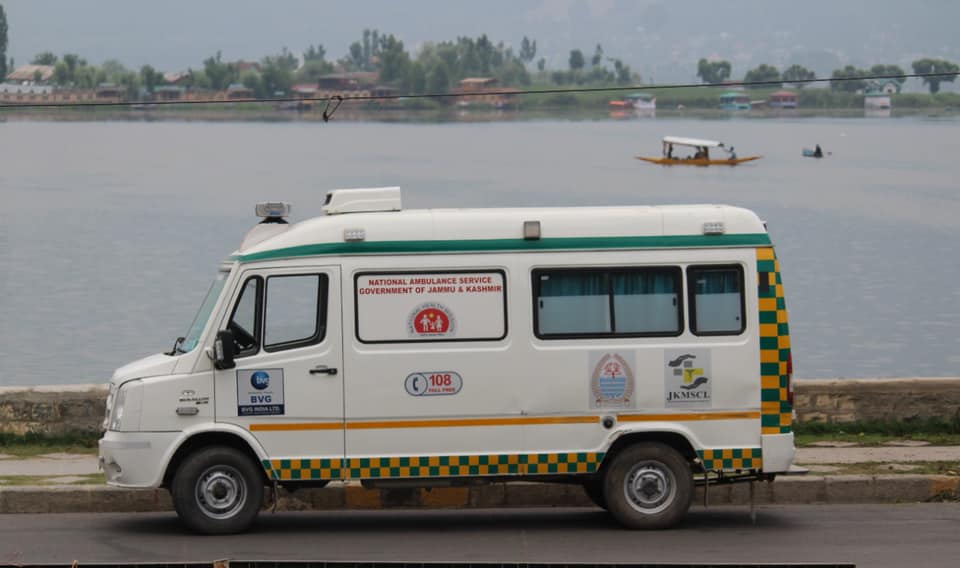
Despite ongoing efforts by the Health Department of Jammu Kashmir to ensure safe deliveries and reduce maternal mortality rates, a significant number of births continue to occur in ambulances within the Kashmir division.
From the beginning of 2020 to May 2024, a total of 158 children were born in 108 ambulances across various districts in Kashmir.
As per news agency—Kashmir News Observer (KNO), statistics reveal a concerning trend of ambulance deliveries in several districts: Bandipora: 32 referred cases, 5 home-to-hospital cases, Ganderbal: 24 referred, 10 home-to-hospital, Kupwara: 24 referred, 10 home-to-hospital, Kulgam: 20 referred, 1 home-to-hospital, Budgam: 12 referred, 9 home-to-hospital, Baramulla: 11 referred, 5 home-to-hospital, Shopian: 11 referred, 5 home-to-hospital, Anantnag: 9 referred, 2 home-to-hospital, Pulwama: 3 referred, 4 home-to-hospital and Srinagar: 7 referred, 2 home-to-hospital
In a recent incident in Bandipora, a pregnant woman referred from the district hospital had to deliver her baby in a 108 ambulance. Her husband expressed frustration with the referral system, stating that the district hospital should have been equipped to handle the delivery, thereby avoiding the risks associated with ambulance births.
The National Health Mission (NHM) aims for 100 percent safe deliveries and reduced maternal mortality, yet the high number of ambulance births in Kashmir raises concerns about the effectiveness of the healthcare system.
Many of these cases involve patients being referred from local medical centers to district hospitals and, subsequently, to urban hospitals, often leading to emergency births en route.
This referral overload is particularly burdensome for urban hospitals, which are already strained by high patient volumes.
For instance, in the main maternity hospital in Srinagar, SMGS, 50 to 60 delivery cases are handled daily, including 5 to 10 referrals. The hospital often faces bed shortages, resulting in multiple patients sharing a single bed—(KNO)
